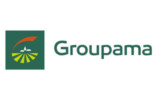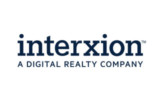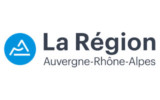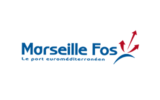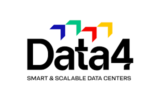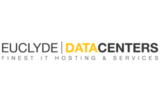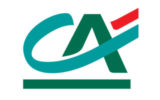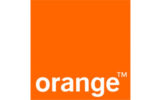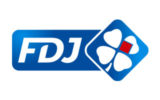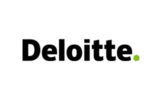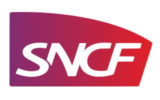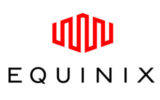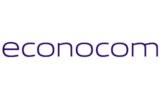Energy audits: how can firms capitalise on regulatory requirements?
80% of French businesses are yet to make energy transition plans worthy of the name, even though many of them are legally obliged to do so. And yet beneath the surface of the regulatory requirements lies a unique opportunity to streamline their investments and operations, particularly in IT infrastructure hosting.
An environmental necessity, regulatory and economic imperatives
In recent years, there has been a series of international initiatives and agreements designed to reduce the carbon footprint of human activities. It was in this context that European directive 2012/27/EU on energy efficiency was published in 2012, and transposed into French law as the DDADUE act; the order implementing the act was passed on 24 November 2014. In its directive, the EU set itself a trio of targets, the “3×20”, to be achieved by 2020: to reduce primary energy consumption by 20%, to cut greenhouse gas emissions by 20%, and to use 20% renewable energy. To achieve them, the directive requires large firms (*) to carry out, every four years, an energy audit of their activities in order to evaluate and improve their energy consumption.
At the same time, and from a purely economic standpoint, the end of regulated energy prices on 31 December 2015 is nudging French companies to pay closer attention to their energy use.
And yet, despite these regulatory changes, nearly 80% of businesses in France are yet to do anything about the energy transition…
Energy performance: the importance and specific features of data centers
This inertia is partly explained by the fact that most companies are not well placed to identify exactly which hardware, facilities or activities are the most energy-hungry, because energy bills do not allow them to break down or consolidate (at group level, for example) energy consumption “analytically”. It is also linked to a lack of in-house experts, and their having to cope with newly issued regulations and freshly dawning realisations.
But given the importance of digital today, we know that data centers can account for up to almost 50% of a company’s total energy use. If data center hardware and operations are not optimised, the bill can rise alarmingly. Let’s not forget that they have to run 24 hours a day, 7 days a week: the slightest improvement, as minimal as it may seem, can actually have effects that are not only positive, but are also very quickly felt.
For example, the main source of a data center’s energy consumption is its cooling system. But modern IT equipment tolerates higher operating temperatures: increasing the temperature in server rooms, if only by one degree, will cut bills substantially and rapidly. Redesigning rack layouts can also optimise the way air conditioning and cooling systems work. It is estimated that optimising the operation of a data center, something which does not require colossal investment, can cut energy consumption by 30 to 40% over the course of a year.
An opportunity to develop an overarching energy strategy
Given the growing importance of digital, and even before regulatory obligations are factored in, it is therefore a win-win for firms to carry out an energy audit of their data centers: it provides an exhaustive analysis of energy consumption and ideas for optimisation, enabling them to implement improvement initiatives. It is also worth noting that for firms with fewer than 250 employees, ADEME (the French Environment and Energy Management Agency) offers a subsidy covering up to 40% of the cost of an audit.
What’s more, an energy audit is a unique opportunity for companies to consider in more detail their hosting needs and the reliability of their IT infrastructures. The results can reveal more serious malfunctions than a faulty temperature setting or ill-conceived operating procedures in a data center: obvious oversizing, now-obsolete facilities, random failures, etc. The corollary of this is an overhaul of hosting choices, which will both keep a lid on firms’ energy use and streamline their data centers.
Energy audits also pave the way for ISO 50001 (energy management) certification, which makes energy performance a central plank of a company’s continual improvement strategy.
It is always important to be able to call on experts capable of analysing energy consumption in the light of specific requirements relating to data center design, layout and operations, in order to make the right short, medium and long-term decisions.
(*) Companies employing more than 250 staff, or with annual turnover of over 50 million euros, and a balance sheet total of 43 million euros. ISO 50001-certified (certified energy management system) companies are exempt from this obligation.



